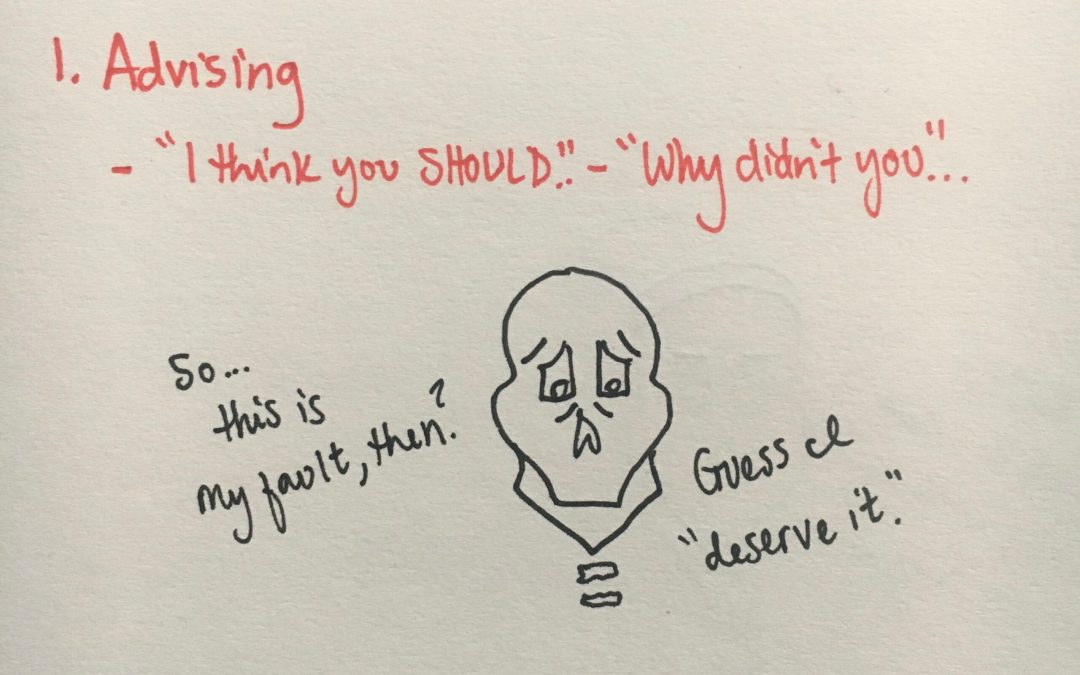Thought I’d share a video with all tiers!
Let’s see “Relationships” in a visual format and understand our relationship templates that create the same dynamics over and over again… Thanks, Behavioral Science!

Thought I’d share a video with all tiers!
Let’s see “Relationships” in a visual format and understand our relationship templates that create the same dynamics over and over again… Thanks, Behavioral Science!

A common question, answered. But if you're new to CPTSD learnin, it might make ya mad. (sorry). Stay tuned for the...
![[ pt 2 ] No BS: Using self-defense knowledge for healing self and other pt 2 | Video+Tscript](https://i0.wp.com/t-mfrs.com/wp-content/uploads/2024/07/2.png?resize=1080%2C675&ssl=1)
Back to compassionate understanding and acting in the face of immature self-defense mechanisms! A few additions to...
![4.7 Major-Image Distorting self-Defenses [Splitting and Projective Identification]](https://i0.wp.com/t-mfrs.com/wp-content/uploads/2024/07/1722263321222-1a6842c4-da57-4328-9af6-1d4f8223b7b4.jpeg?resize=1080%2C675&ssl=1)

The question that fucks with us all, on both ends of the relationship dynamic. How do we define "abuse"? And how can...

Endless energy to voice problems, no attempt to find solutions? It's Help-Rejecting Complaining; the self-defense...

Endless energy to voice problems, no attempt to find solutions? It's Help-Rejecting Complaining; the self-defense...

Responding to vulnerable disclosures can be as hard as issuing them. Let's talk about how to set yourself up for...

Wonky episode format and scheduling coming up! But here's why. Let's get into discussing the "How-TOs" of responding,...

What are the steps to effective responding that take massive pressure off your every word? Let’s talk about the keys...

This podcast episode explores ten destructive responses to avoid in sensitive conversations, based on NonViolent Communication principles. It discusses why people use these responses and their impact on relationships. The episode provides insights into improving communication skills, especially during stressful holiday interactions with family. It emphasizes the importance of empathy, active listening, and self-awareness in fostering healthier interpersonal dynamics.

This podcast episode explores NonViolent Communication (NVC) as a framework for effective communication in relationships and personal growth. It breaks down the four steps of NVC: separating observations from evaluations, identifying and owning feelings, recognizing underlying needs, and making requests. The episode discusses how this approach can help individuals with trauma histories improve their communication skills and understand their emotions and needs better.

"Relationship" can seem like a nebulous cloud. So let's keep breaking it down. How can we understand...

Each relationship is a learned "dynamic." Each dynamic is a series of common interactions. Each...

Thought I’d share a video with all tiers!
Let’s see “Relationships” in a visual format and understand our relationship templates that create the same dynamics over and over again… Thanks, Behavioral Science!

Dunno if it helps to hear without the video, but figured I’d do the work and let you tell me the answer. Here’s JUST...